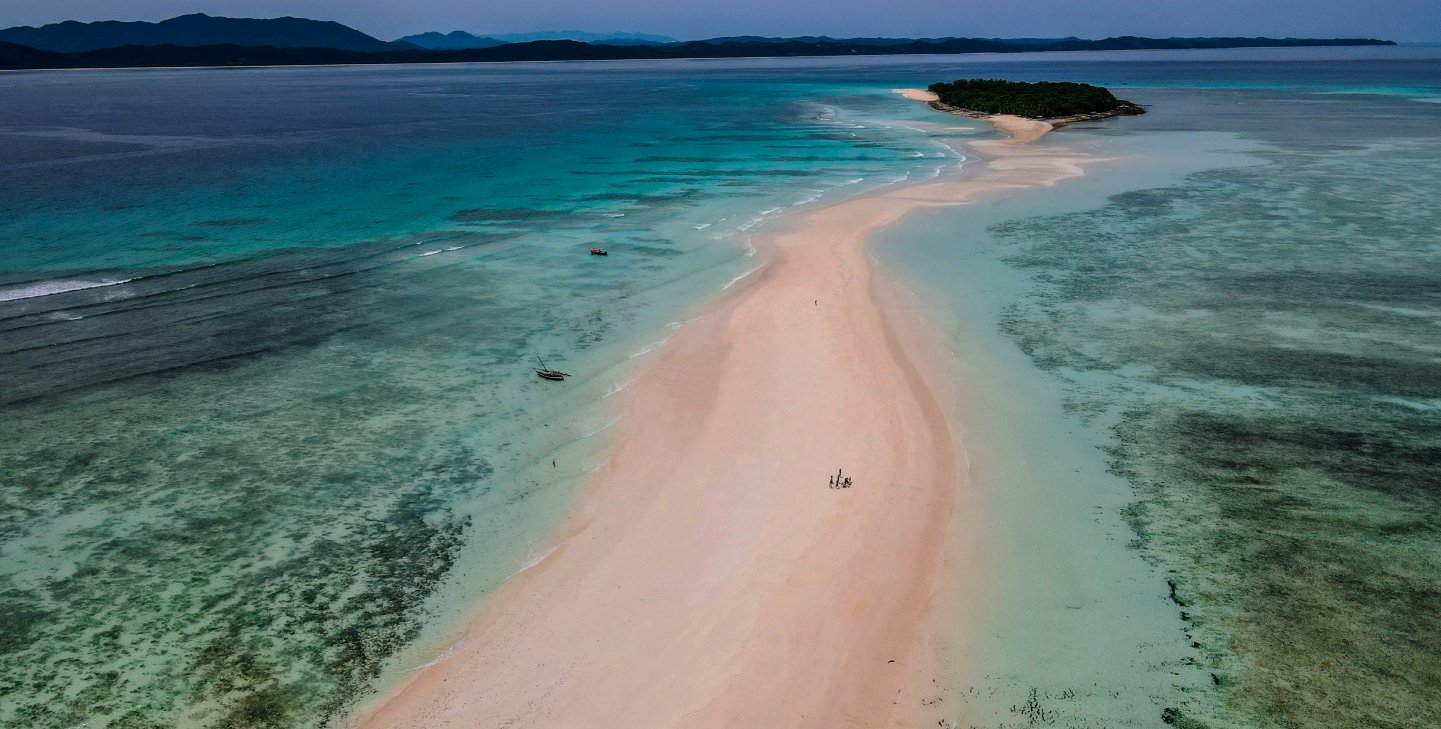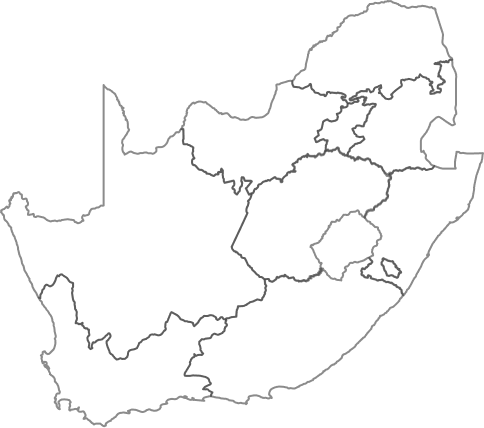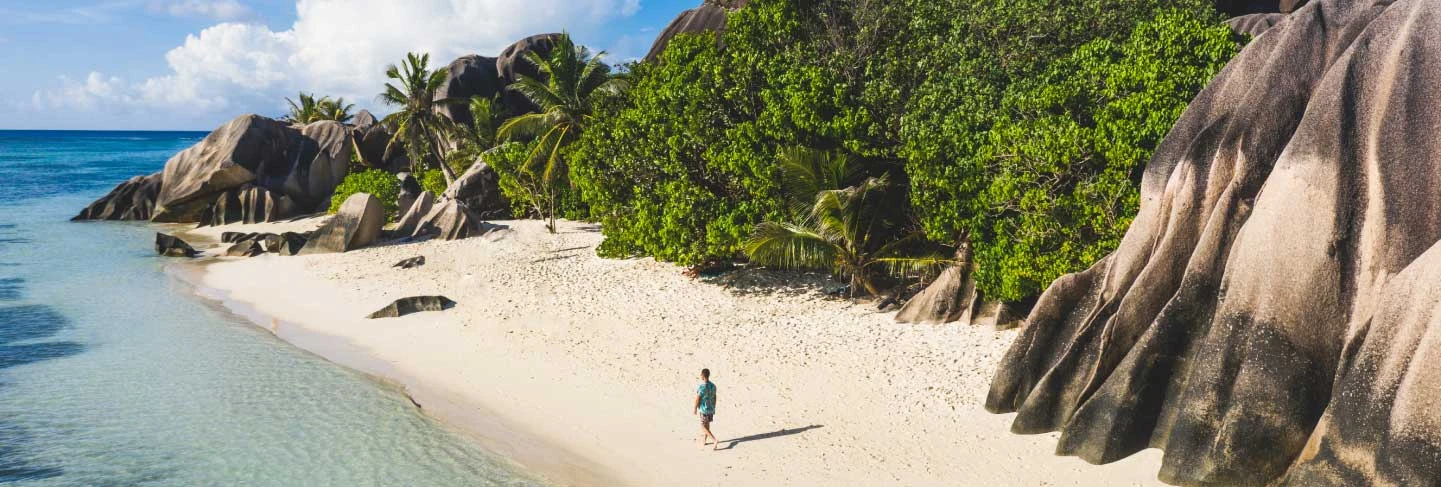
Nosy Be, Madagascar

Volunteer in Nosy Be
Leap into paradise on one of the rarest – and most beautiful – tropical islands on Earth.
Our Madagascar research station is located off the east coast of Africa on the island of Nosy Be, surrounded by the balmy waters of the Indian Ocean and the only old-growth forest remaining on the island. You’ll work to conserve Madagascar’s rare species – including the charismatic and vulnerable lemurs – most of which cannot be found anywhere else.
Critical science
You'll contribute to vital conservation research targeted at protecting the earth's most valuable ecosystems.
Ethical engagement
Using the UN's SDGs as a framework, we've made a commitment to positive, constructive and sustainable impact.
Beautiful adventures
You'll spend your days exploring some of the world's most breathtaking, exhilarating and remote wildernesses.
Nosy Be volunteer projects
Included in your program, at no extra cost
Make the most of our unique programs with these exclusively curated local adventure and wellness experiences.
Offered once a month, expand your adventure with GVI Experiences. These are just some of the activities offered on your program!

Take Malagasy lessons

Explore the cascades of Nosy Be

Visit a sacred Baobab tree

Snorkel in a marine wonderland

Sunset from Mont Passot

Sleepover in Lokobe National Park






